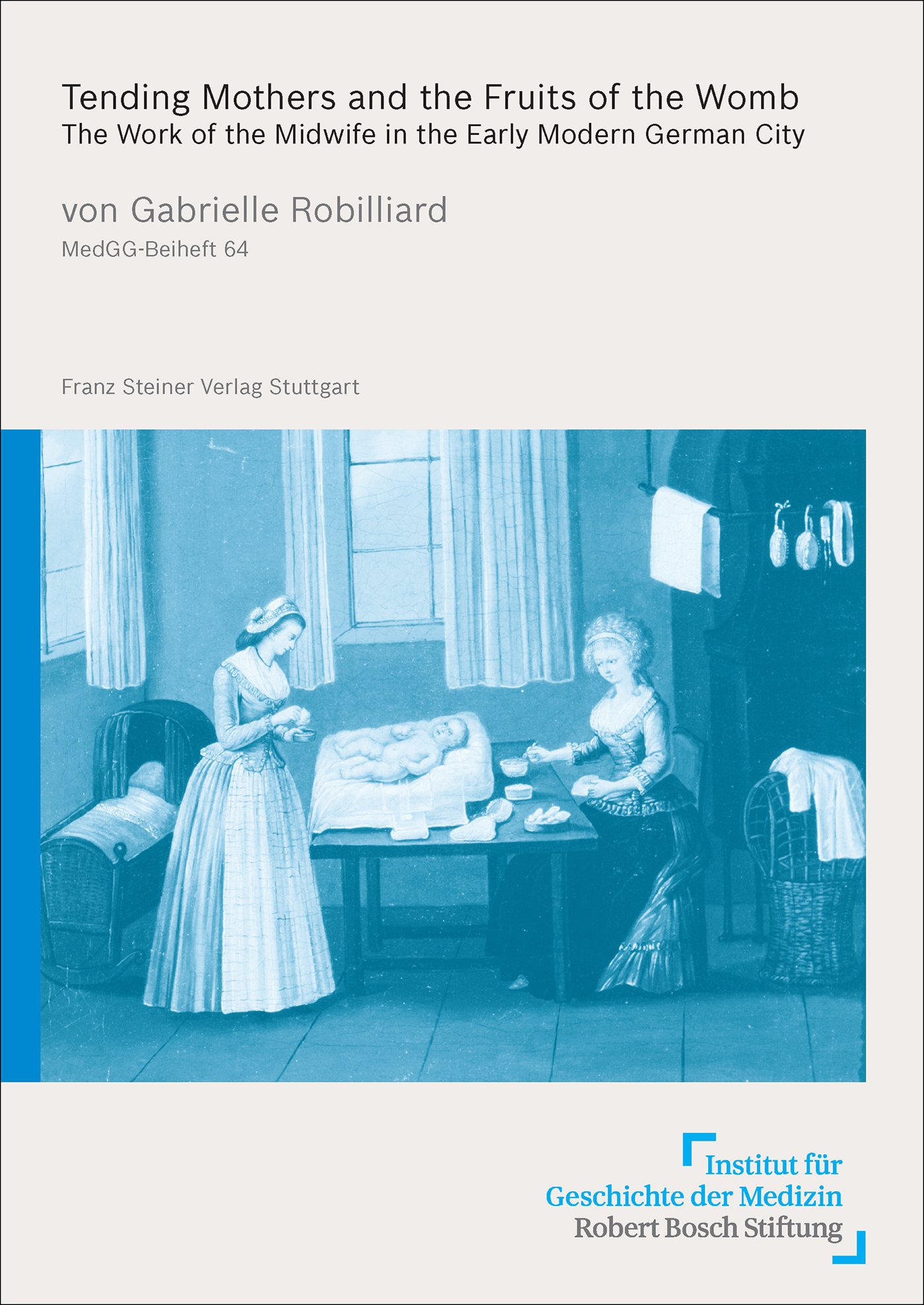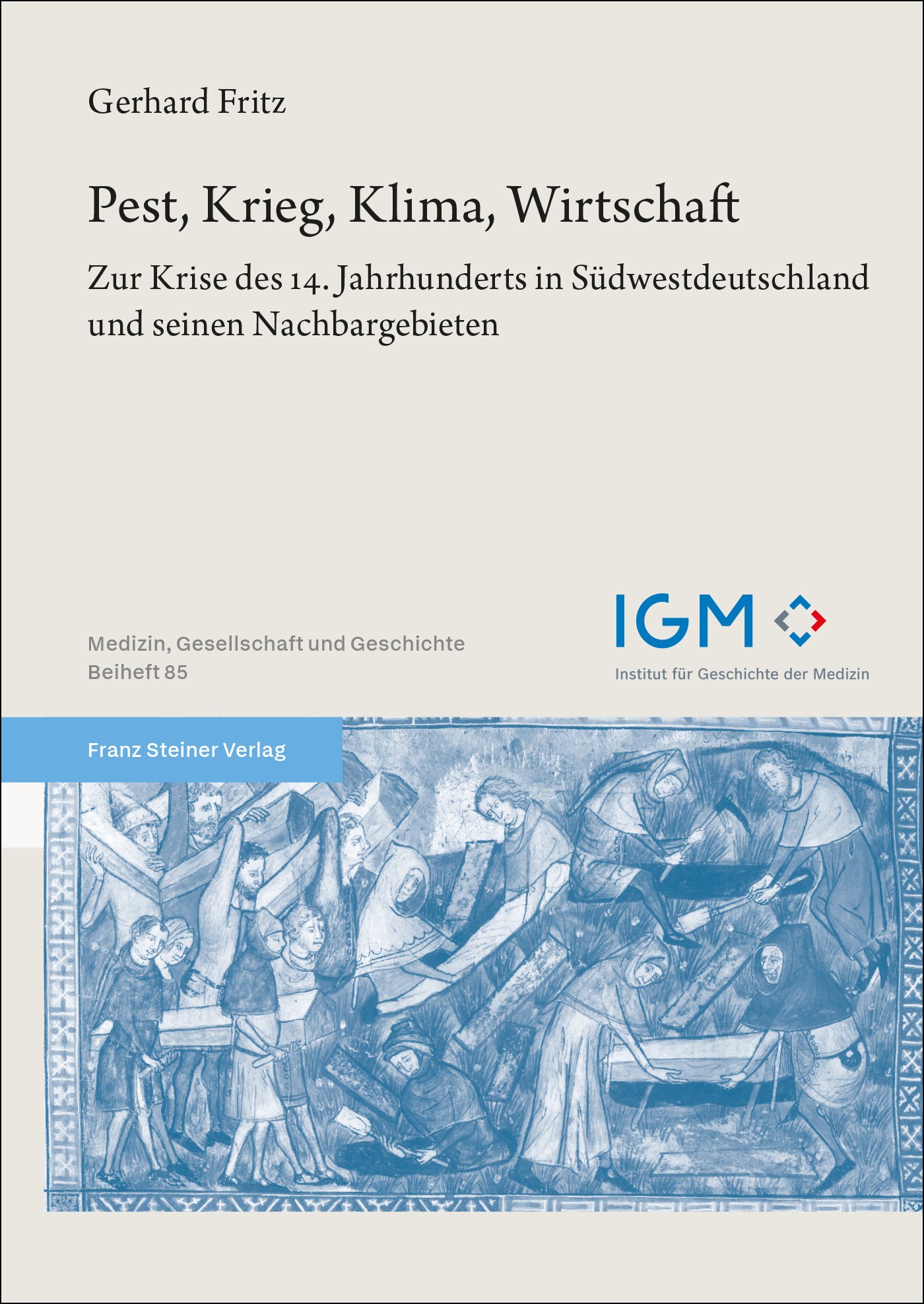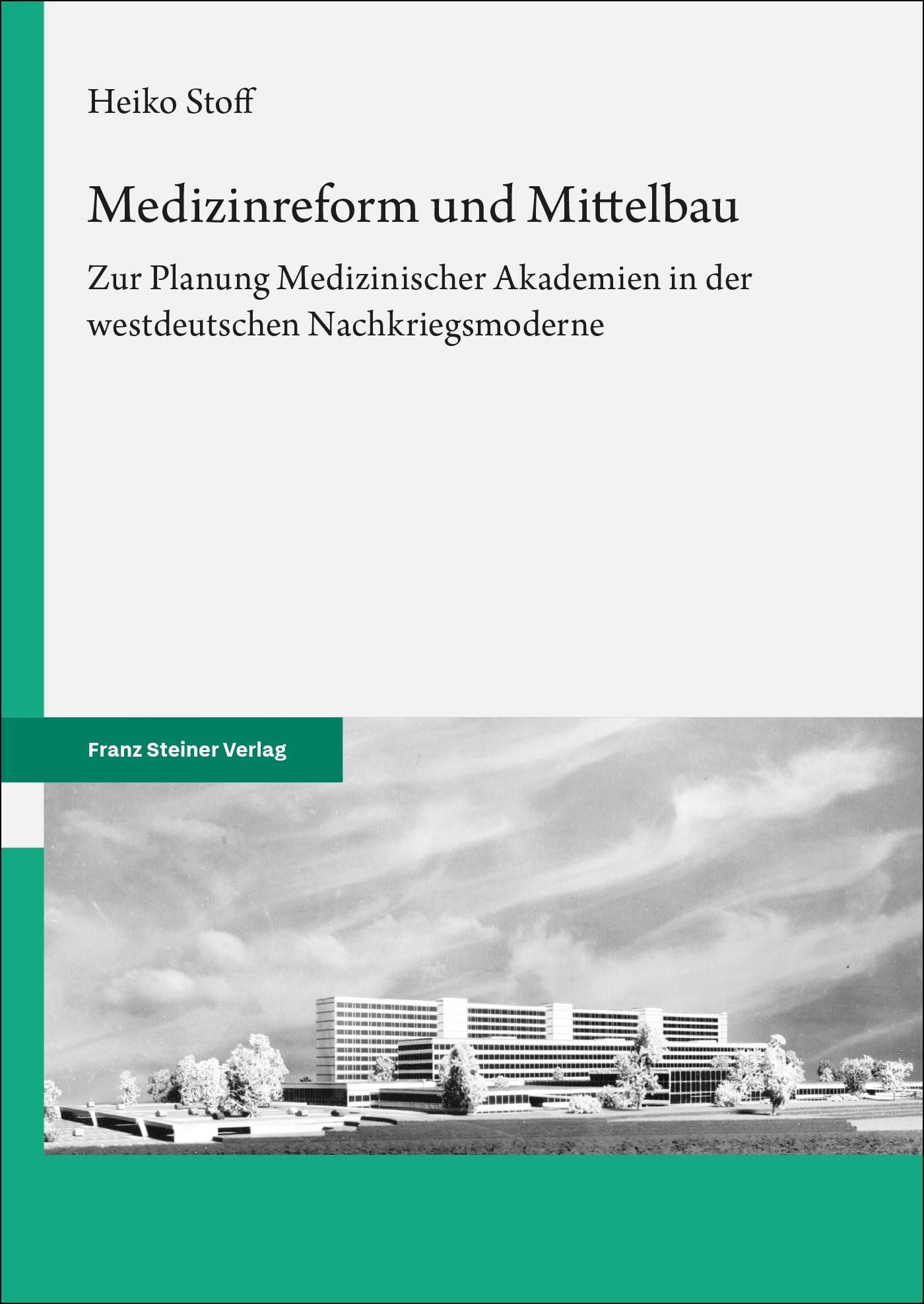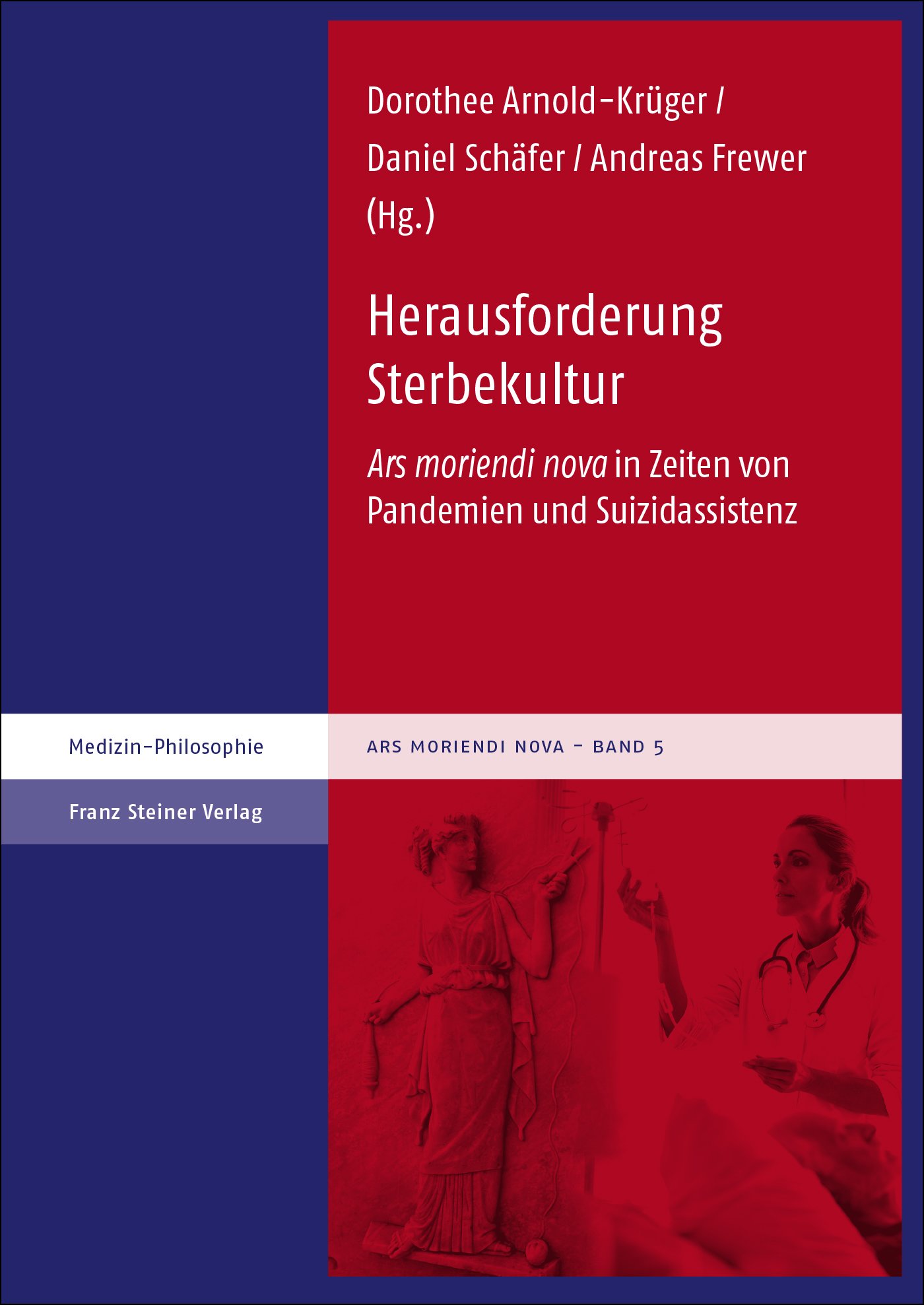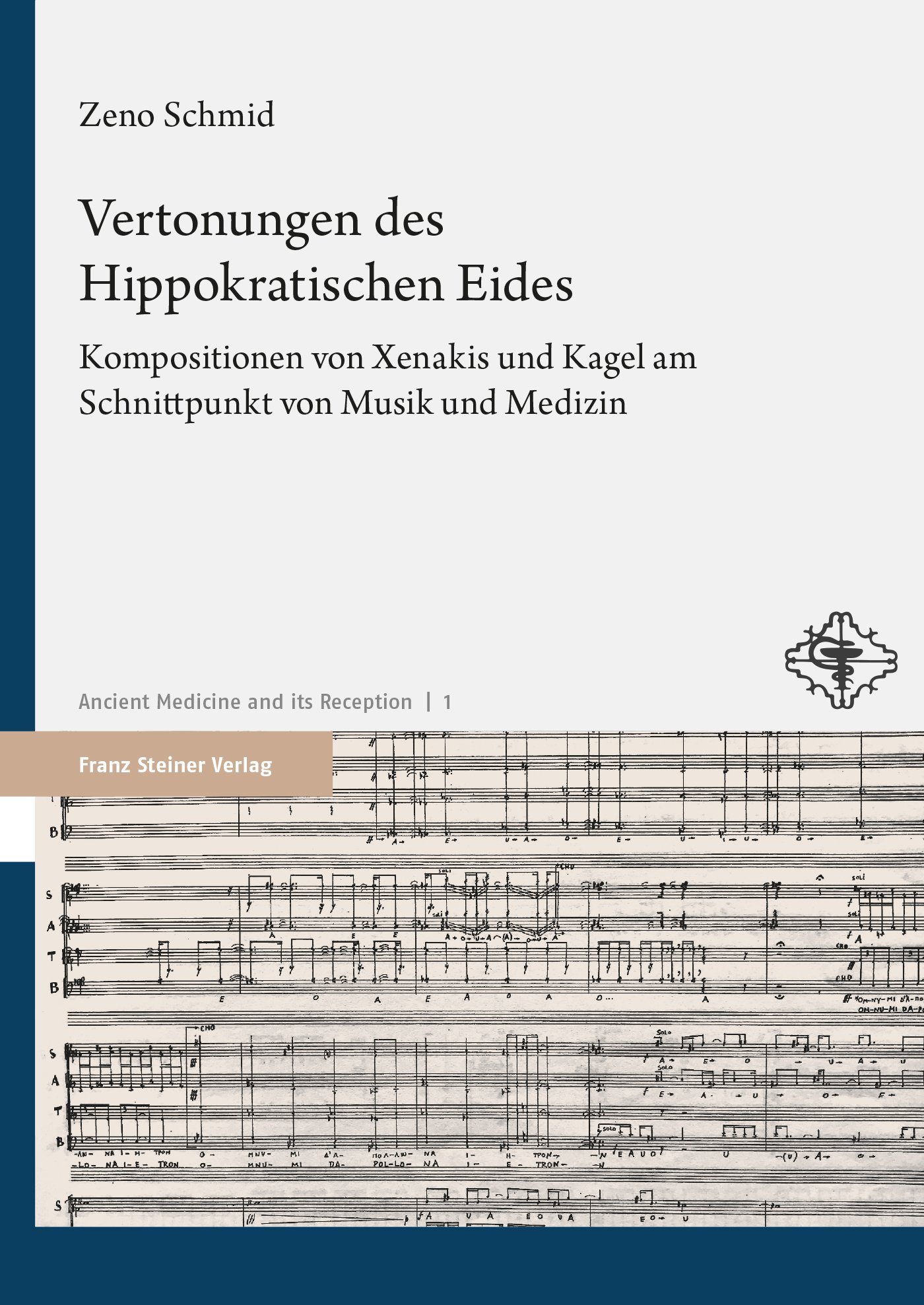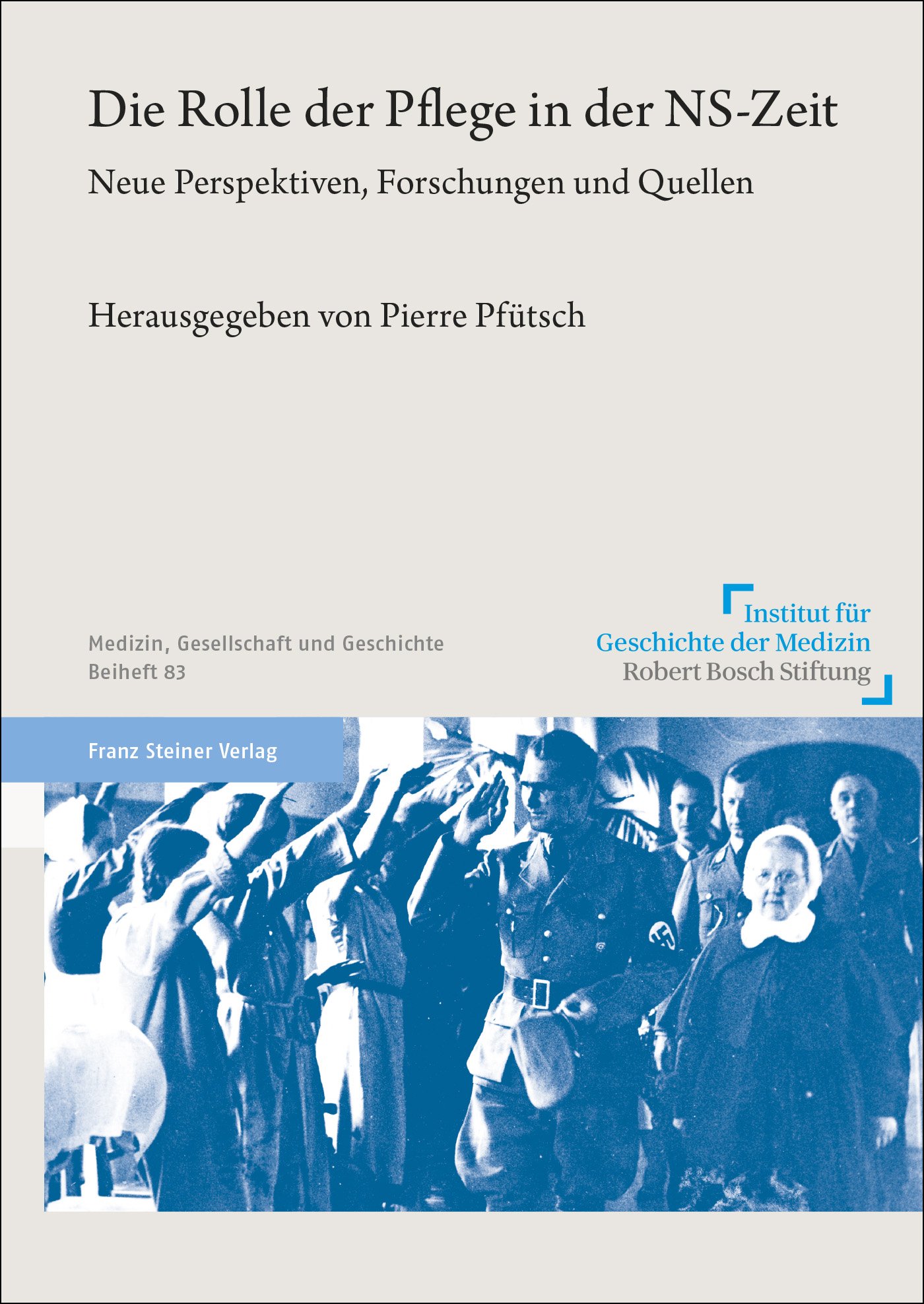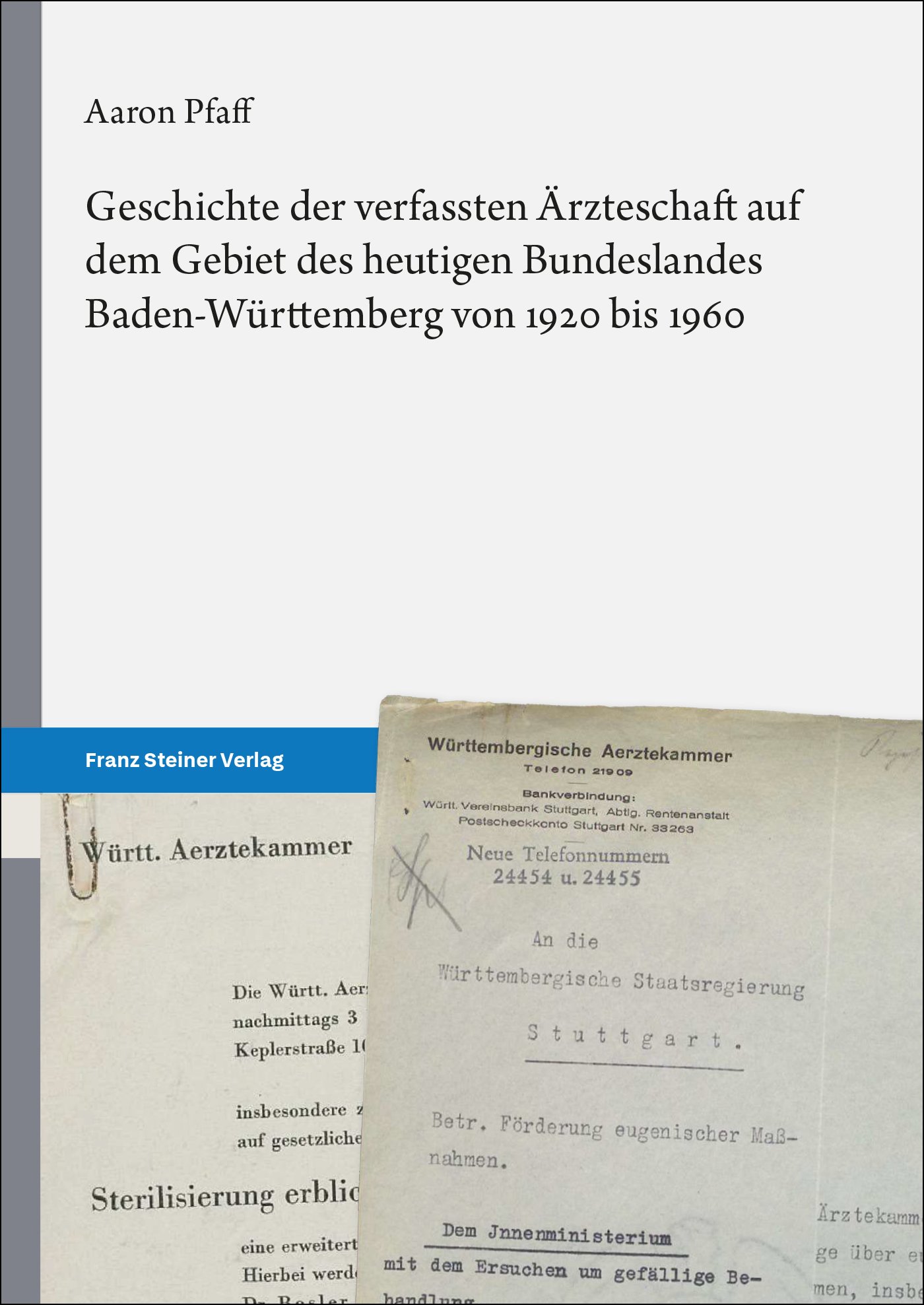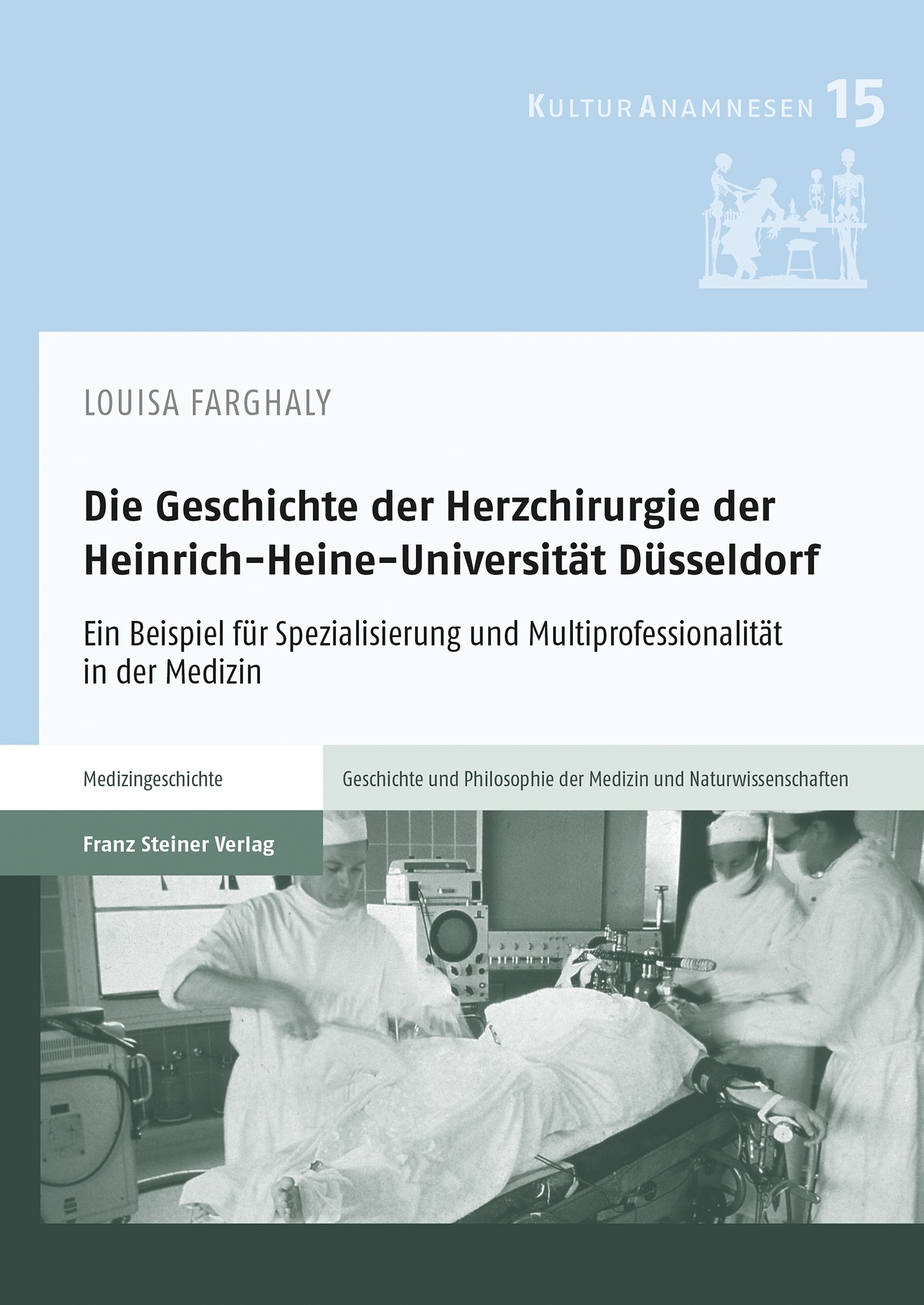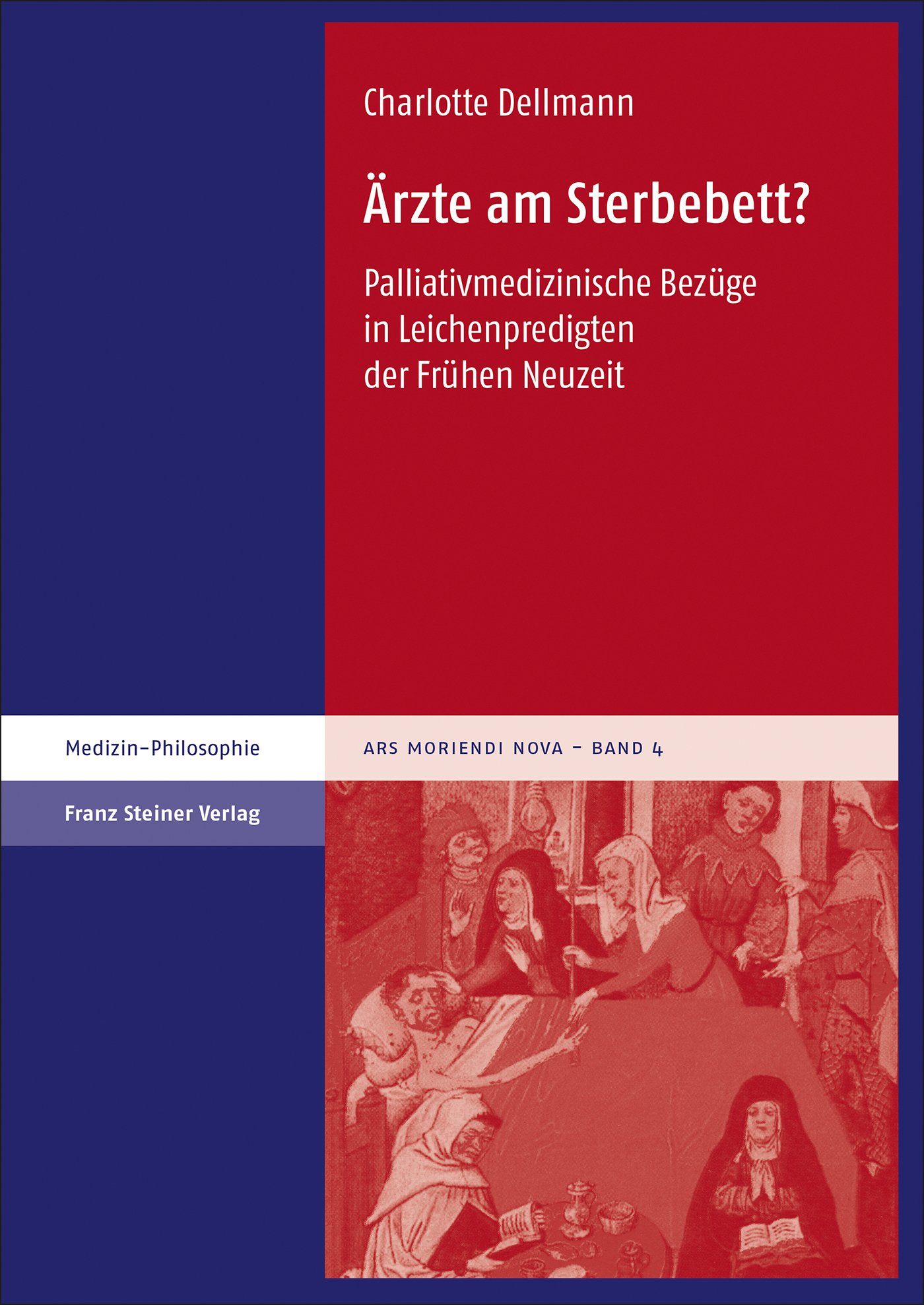Tending Mothers and the Fruits of the Womb
The early modern period saw a fundamental shift in the history of childbirth from midwifery as a traditional, largely female occupation to modern obstetrics. The seeds of this transformation were sown in the cities, where municipal governments and their medical officials began reworking the often centuries-old systems of municipal midwifery. In Leipzig they overhauled midwife education and in the 1730s appointed a municipal man-midwife.
But why all the commotion about midwifery? How 'novel' were these developments really? And how did all these changes affect the everyday work of the city’s midwives? Drawing on a vast array of administrative sources, Gabrielle Robilliard explores the world of Leipzig’s midwives and early man-midwives from 1650 to 1810. Employing a prosopographical approach, she illuminates in minute detail the occupational culture and structure of both official and unofficial midwifery within the city—including social and economic milieus, client networking practices, and inter- and intraprofessional rivalries—and examines the nature of the encounter between traditional practice and new ways of organising urban midwifery provision.
| Series | Medizin, Gesellschaft und Geschichte – Beihefte |
|---|---|
| Volume | 64 |
| ISBN | 978-3-515-11668-8 |
| Media type | Book - Paperback |
| Edition number | 1. |
| Copyright year | 2017 |
| Publisher | Franz Steiner Verlag |
| Length | 309 pages |
| Illustrations | 10 b/w figs., 4 b/w tables |
| Size | 17.0 x 24.0 cm |
| Language | English |
